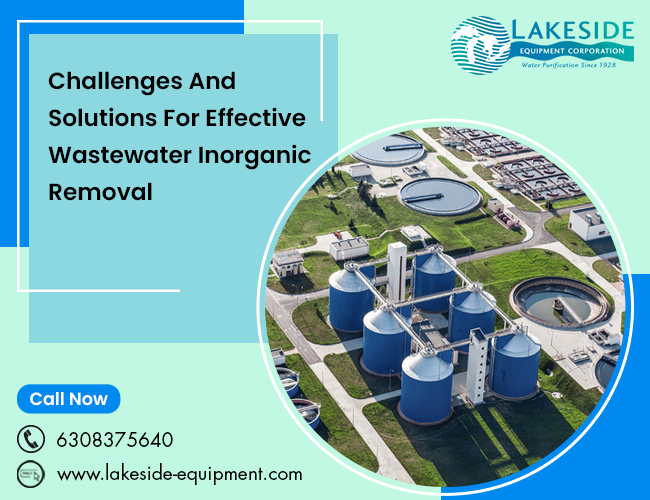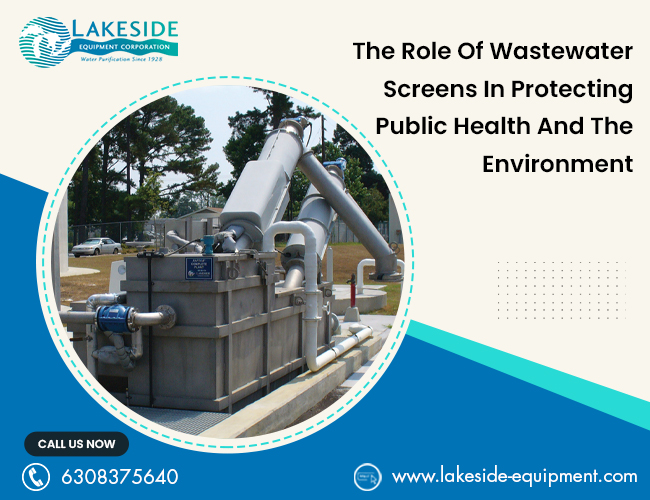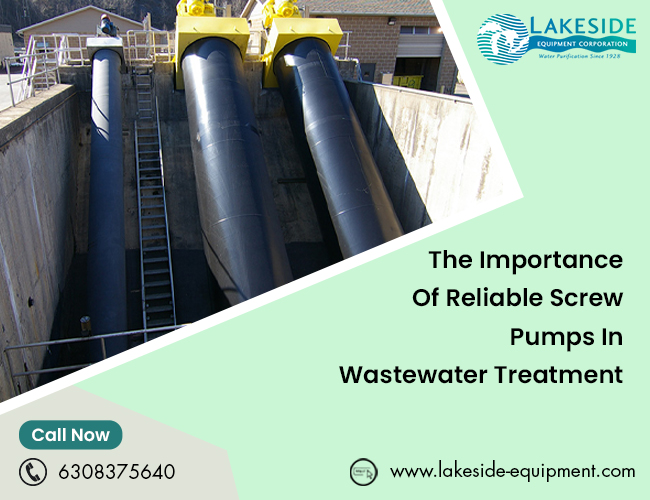Challenges And Solutions For Effective Wastewater Inorganic Removal

The efficient treatment of wastewater is critical to maintaining public health and protecting the environment. One of the biggest challenges in wastewater treatment is the effective removal of inorganic materials such as heavy metals, nutrients, and salts. In this blog post, we will explore the challenges faced in wastewater inorganic removal and the solutions available to tackle them. Additionally, we will discuss the importance of fat oil and grease screening as a part of wastewater treatment. Challenges In Wastewater Inorganic Removal Inconsistent Influent Quality: Influent quality can vary greatly, which makes it difficult to optimize inorganic removal processes. The presence of complex organic compounds and high levels of suspended solids can interfere with chemical precipitation and coagulation, leading to poor performance. High Costs: Wastewater treatment is expensive, and inorganic removal can be especially so. The high cost of chemicals, energy, and maintenance required to re...





